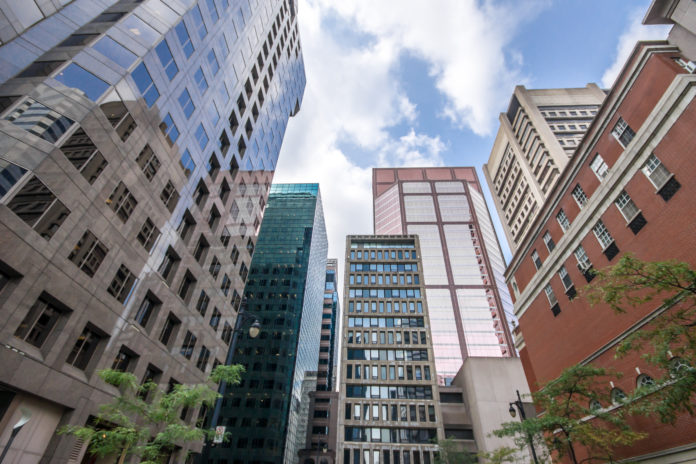
Quebec is investing $10 million to study immigration-related matters in the francophone province, its immigration department has announced.
The financing is being provided by the province’s immigration department, the Ministère de l’Immigration, de la Francisation et de l’Intégration (MIFI), over two years, starting this fiscal year, but the research projects themselves will be conducted over the coming five years.
The money is being invested through Quebec’s non-profit which funds societal and cultural research projects, the Fonds de recherche du Québec – Société et culture (FRQSC).
Read More Canada Immigration News
Quebec Expression of Interest Draw: Province Targets Tech, Health, Education and Engineering Occupations
Suspension of Quebec Immigrant Investor Program Extended By Province
Quebec Draw: Province Issues 619 Canada Immigration Invitations
“I am very happy to announce this partnership with the Fonds de recherche du Québec – Société et culture which will address the needs expressed by so many stakeholders in Quebec to identify the factors which enhance the attraction, retention, and the experiences of immigrants in all Quebec’s regions,” said provincial Immigration Minister Christine Fréchette in French.
“This agreement will provide MIFI with the necessary information to put in place innovative programs adapted to the reality and needs of immigrants in Quebec.”
Although the specific details of how the funds are going to be spent will only be revealed once the FRQSC starts issuing requests for research proposals, Quebec’s immigration department has noted there will be two streams.
Video
The first stream will examine cross-cultural practices and the sense of belonging immigrants have for the regions in which they live and the province of Quebec.
The second stream will look at the migratory patterns of immigrants within Canada, the factors which enhance the attraction and retention of immigrants and their willingness to settle in regions, the existing linguistic dynamics and the capacity of the province to welcome immigrants.
The province is hoping to use the insights it will gain from this research to improve its current policies and programs and also to develop innovative new ones.
Quebec Welcomed Record Numbers Of Permanent And Temporary Residents Last Year
“This support for immigration research by MIFI is an excellent opportunity to contribute to the advancement of our knowledge of this societal challenge, to develop the next generation of researchers interested in this subject, and, in doing so, elaborate on the public policies with regards to settlement services and the integration of immigrants, in French, to Quebec,” said Rémi Quirion, Quebec’s chief scientist.
Last year, Quebec welcomed a record-breaking 68,705 new permanent residents as well as 89,765 temporary foreign workers through the International Mobility Program (IMP) and the Temporary Foreign Worker Program (TFWP), reveals the latest data from Immigration, Refugees and Citizenship Canada (IRCC).
Quebec welcomed a record-breaking 51,260 foreign nationals through the IMP last year, up almost 18.4 per cent from the 43,295 in 2021.
The province also welcomed a record-breaking 38,505 foreign nationals through the TFWP last year, up 27 per cent from the 30,310 TFWP workers in 2021.
The importance Of Temporary Foreign Workers To Quebec Economy Is Increasing
“The number of temporary foreign workers in Quebec is increasing every year, and particularly since Ottawa has granted us more flexibility in the wake of recent negotiations,” said Quebec Labour Minister Jean Boulet in French.
“This labour force is more and more involved in all sectors of our economy throughout Quebec.”
As immigration levels have risen, Quebec Premier François Legault has gotten antsy about the future of the French language in the francophone province.
During the last provincial election in Quebec, Legault insisted the province must hold the line on immigration. Then, in his inaugural address to open the latest session of the legislature, the premier announced plans to require that all economic immigrants to the province be francophone by 2026.
In her first immigration plan, the Plan d’immigration du Québec 2023, Fréchette tried to hold the line on immigration to between 49,500 and 52,500 new permanent residents to the province, citing the need to be able to provide adequate settlement services and integrate them all.
“Immigrants bring with them a wide range of talents to Quebec and all the supports must be in place to help them integrate,” said Fréchette in a statement in French.
“This immigration plan contains important measures to help them learn French and integrate. Our government wants immigration to contribute to the Quebec economy in all regions of the province and to also maintain the vitality of the French language.”

